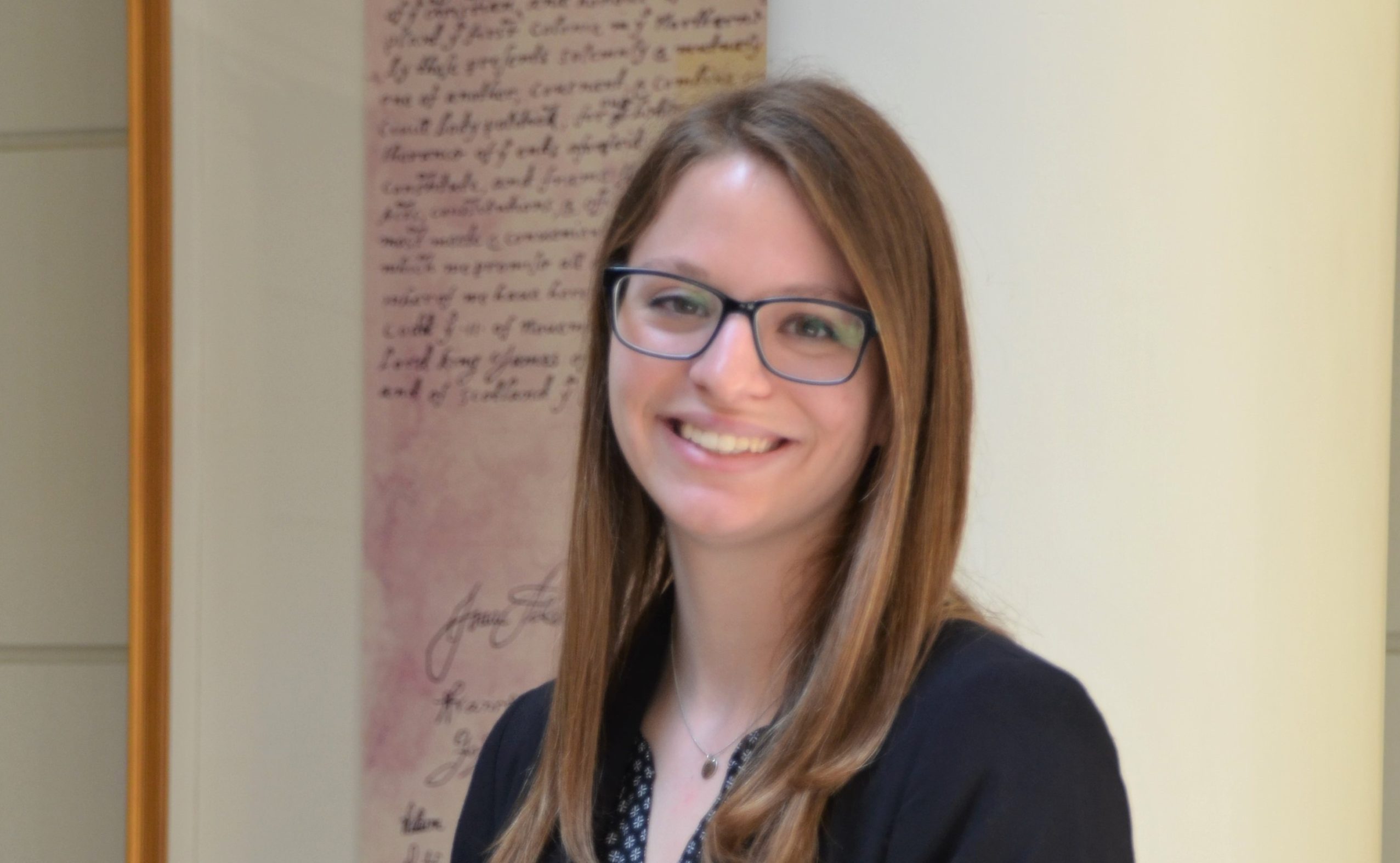Post by: Sarah Stefaniak
My name is Sarah Stefaniak and I am a 2L clerking for the Center for Global Justice. I am working on a project for Shared Hope International, an anti-human trafficking organization centered on policy work and statutory research.
This semester we are researching extended juvenile jurisdiction and foster care statutes in all fifty states that may be applied to people after the age of 18. This is important because many victims of human trafficking that transition into adulthood are still in need of services such as foster care and transitional needs like secondary education and independent housing assistance.
I have done research for Shared Hope the previous two semesters while working at the Center. I am amazed at the states who can still improve necessary services for children and young adults who have been victim to the horrors of human trafficking. Human trafficking has increased in awareness the past couple of years and sometimes with the various organizations out there, it seems like we’ve already done what we can to improve laws to help fight human trafficking. However, while it is clear, based on the statistics at Shared Hope that states have improved dramatically over the last decade, there is still so much we can do.
I’m particularly excited to be working on this project as this is a new component we are researching for Shared Hope, unlike previous semesters when we were updating and expanding research that was already done.
Working on projects for Shared Hope has allowed me to see the improvements our states can still work on to better protect those most vulnerable in our society. While it is a tragedy in itself that this work is required at all, I am proud to be a part of an organization that continues to make a difference in the lives of others. Christ has called me to this work, and I am grateful for every opportunity to give glory to God in what we accomplish.
This post was written by a Center for Global Justice student staff member. The views expressed in this post do not necessarily reflect those of Regent University, Regent Law School, or the Center for Global Justice.


